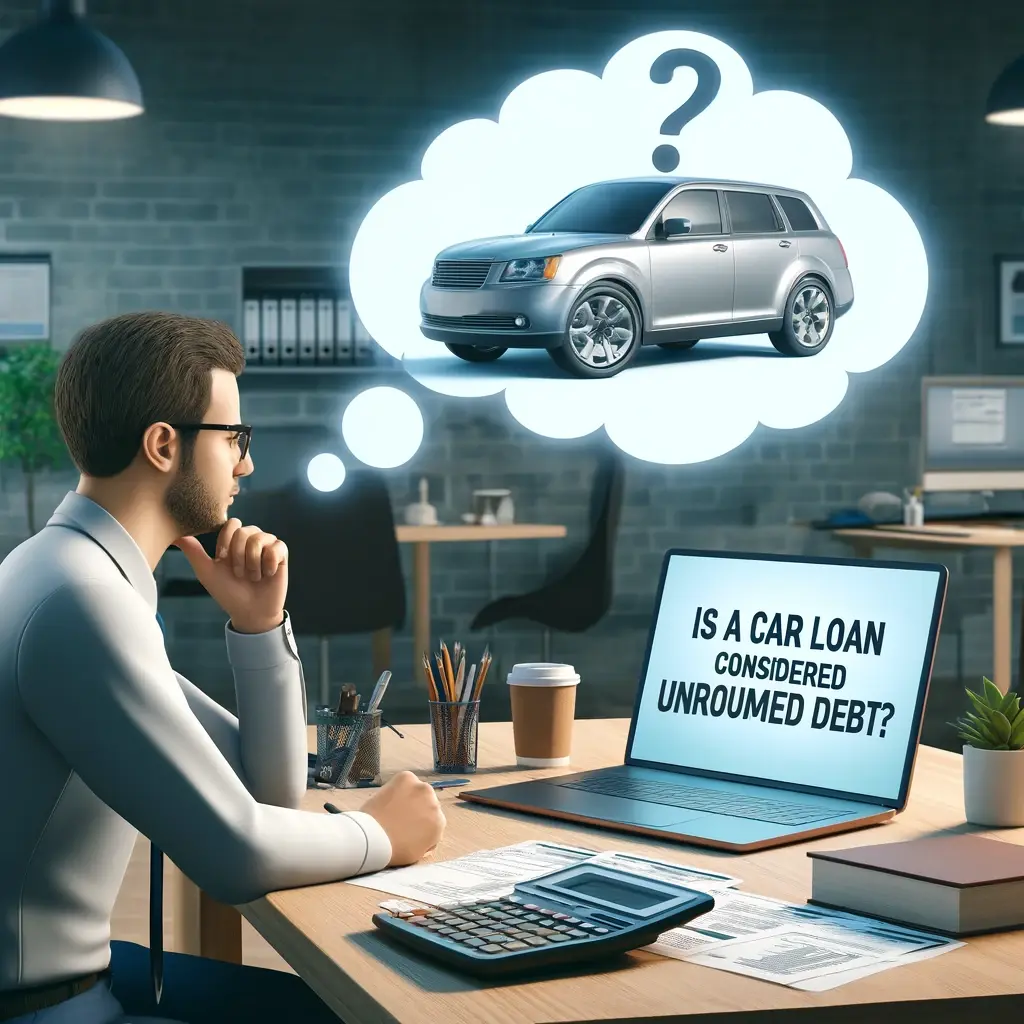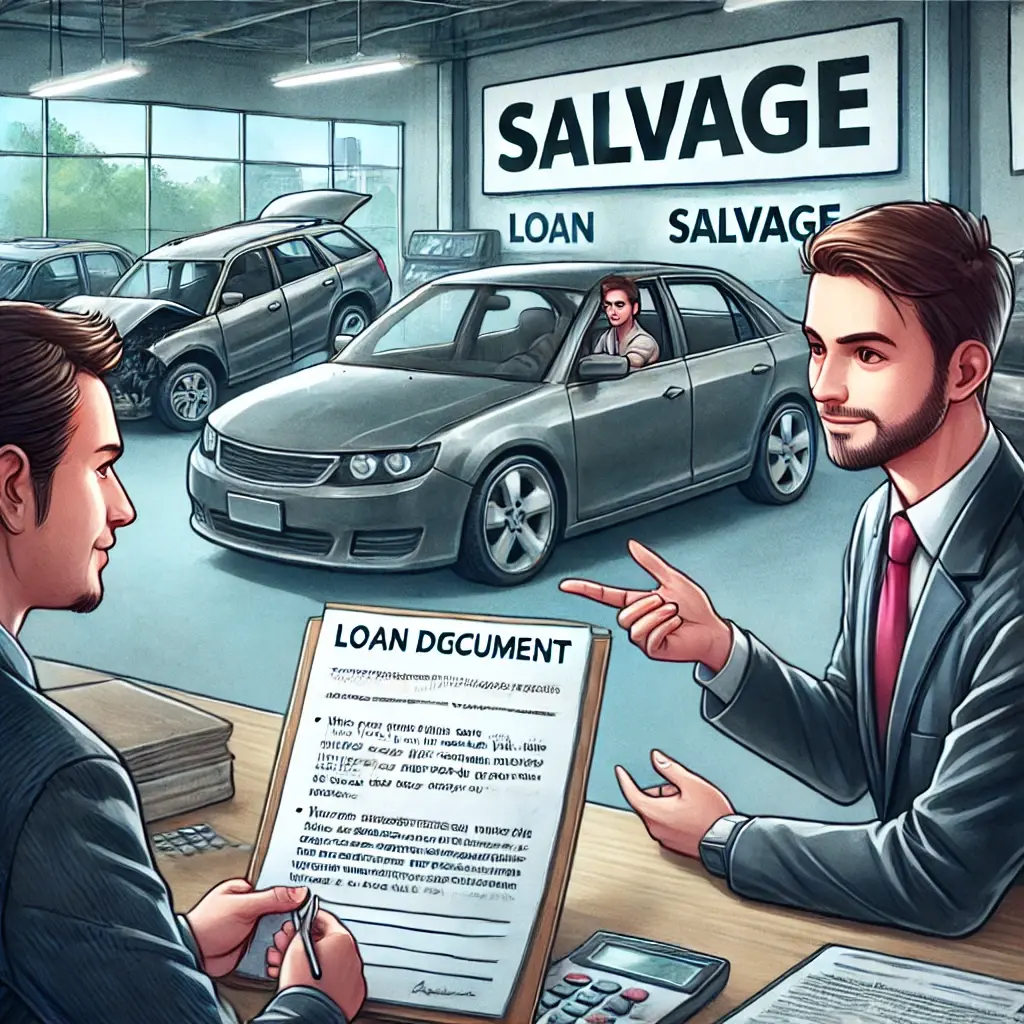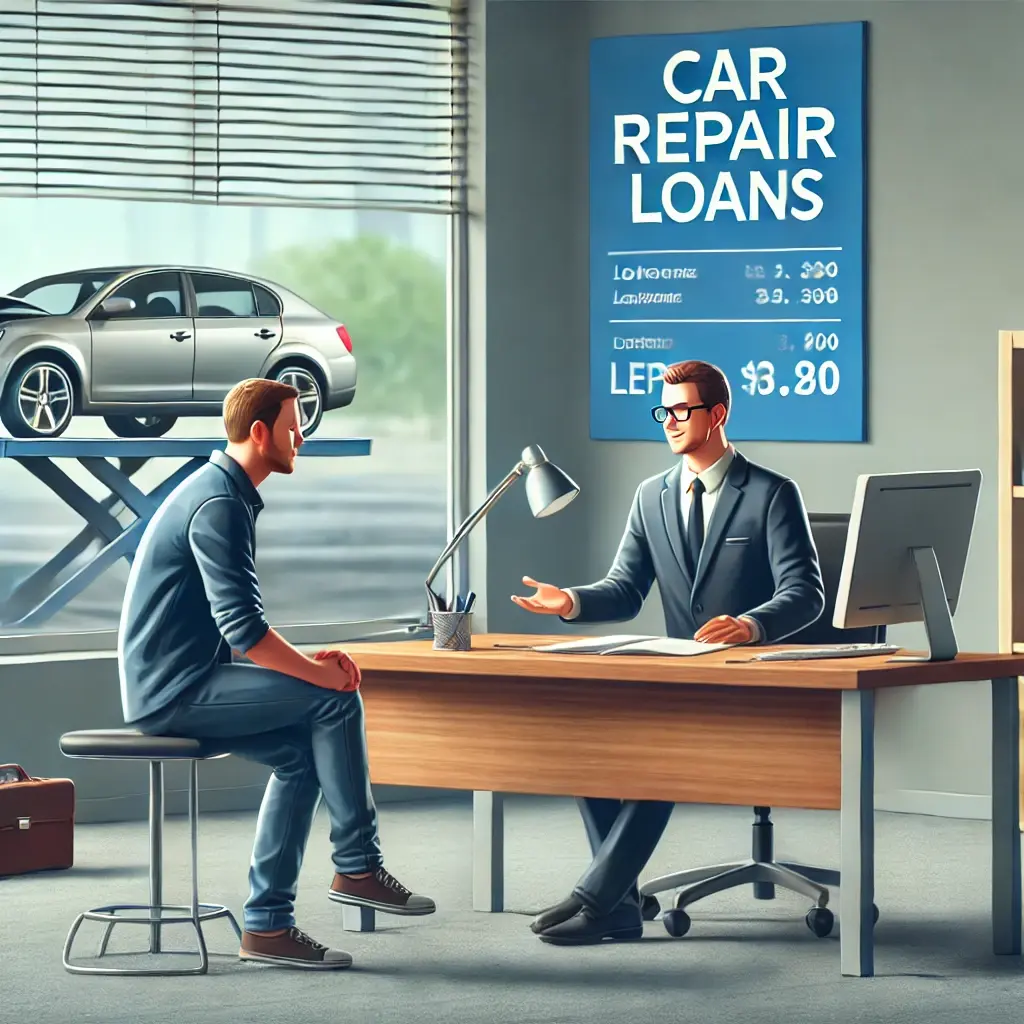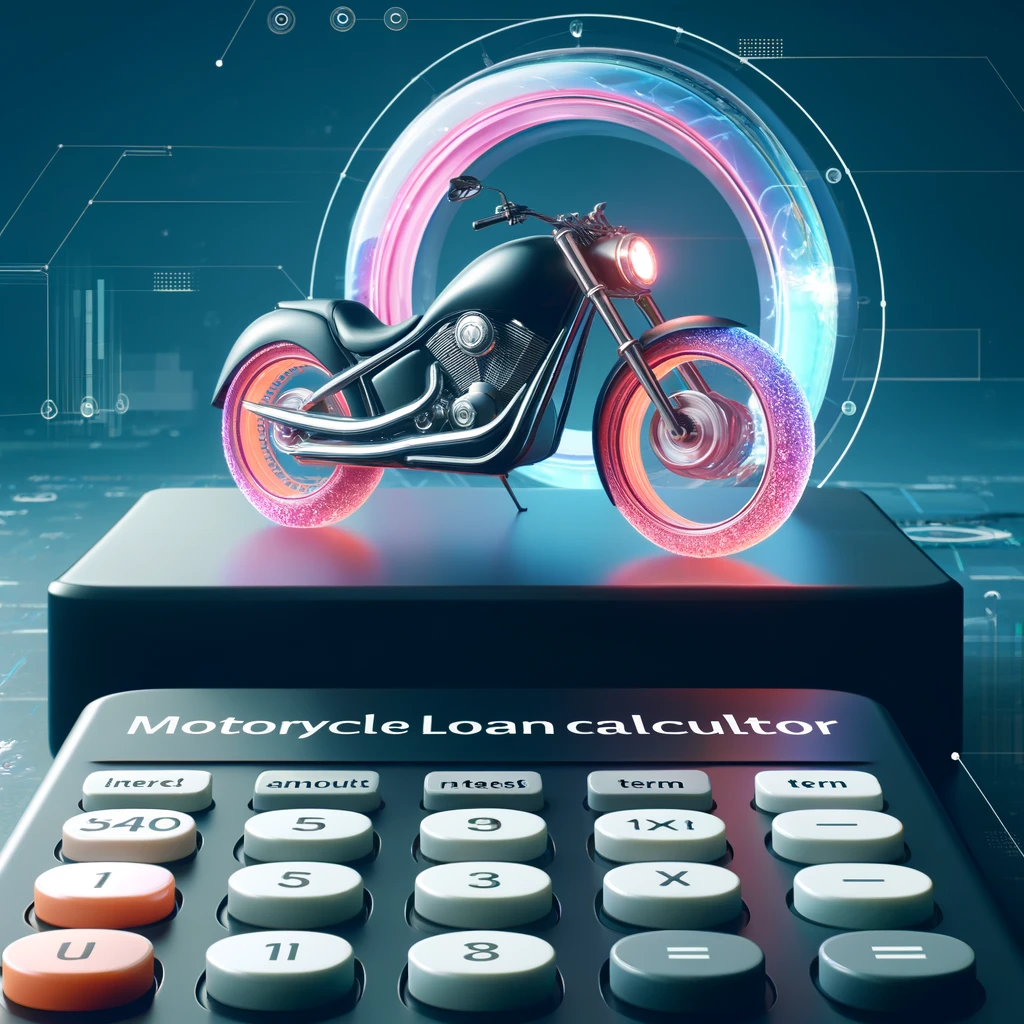Have you ever wondered if a car loan is considered an unsecured debt? Understanding how loans work is important, especially when deciding on financing options. Car loans usually fall into one of two categories: secured or unsecured.
Most car loans secure debt, tying the loan to the car itself. If the borrower cannot make payments, the lender can repossess the car. Unsecured personal loans differ, as they lack collateral and often carry higher interest rates.
Secured and Unsecured Loans
A secured loan is backed by collateral. For a car loan, the car acts as the security. If the loan is secured, the lender has the right to take the car if payments are missed.
On the other hand, unsecured loans have no collateral. Since there is no asset for the lender to claim, they come with a higher interest rate. This is because lenders take on more risk without security. Use a loan calculator to estimate monthly payments and compare options based on interest rates and loan terms.
Difference Between Secured and Unsecured Loans
- The key difference between secured and unsecured loans is collateral.
- Secured loans are tied to an asset, while unsecured loans are not.
- This difference impacts everything, from interest rates to repayment terms.
- In secured debt, the lender has a lower risk due to the collateral.
- This leads to a lower interest rate.
- Unsecured loans, like an unsecured personal loan, carry higher interest because they rely on trust in the borrower’s ability to repay.
Examples of Secured and Unsecured Debt
Car Loans: Secured or Unsecured?
Is a Car Loan a Secured or Unsecured Loan?
A car loan is generally considered a secured debt because it is secured against the car itself. This means the lender can repossess the car if you fail to make payments. Since the loan is backed by an asset, it often comes with better terms than unsecured loans.
A Secured Car Loan
Unsecured Car Loans: Do They Exist?
Unsecured car loans tend to be rare because they do not involve collateral. Most loan providers prefer secured loans because they secure the borrowing against the vehicle. Without this security, unsecured loans may come with higher terms and interest rates.
Secured and Unsecured Car Loans Compared
The main difference between a secured and an unsecured car loan is collateral. A secured auto loan is backed by the vehicle, while unsecured loans lack backing. This difference affects the terms and interest rates, making secured loans more appealing for both borrowers and car finance providers. Learn more about negotiating APR on car loans to secure better terms and interest rates.
Types of Secured and Unsecured Debt
Types of Secured Loans
Unsecured Auto Loans
Some lenders offer unsecured loans for buying a new car, but these loans have higher interest rates. Without collateral, the lender takes on more risk, so the borrower must repay the debt under stricter terms. Lenders offer these loans and car financing options as either secured or unsecured, depending on the agreement.
Types of Unsecured Loans You Should Know
Lenders may offer unsecured loans, such as personal loans and credit cards, which do not require collateral. Personal loans are generally flexible and regulated by the financial conduct authorities to ensure fairness. What’s the difference between these and secured loans? The benefit of a secured loan is lower interest due to the security provided.
Personal Loans for Car Financing
Using a Personal Loan to Buy a Car
Is a Personal Loan Secured or Unsecured?
A personal loan is a common form of unsecured borrowing. It does not require collateral for the loan, making it accessible for many borrowers. However, lenders charge higher interest rates for these loans, and they base the rate on your creditworthiness.
Pros and Cons of a Personal Loan to Pay for a Car
- A personal loan used to buy a car can be flexible but comes with trade-offs.
-
- On the positive side, you maintain ownership of the vehicle without tying it to the loan.
Repayment and Loan Considerations
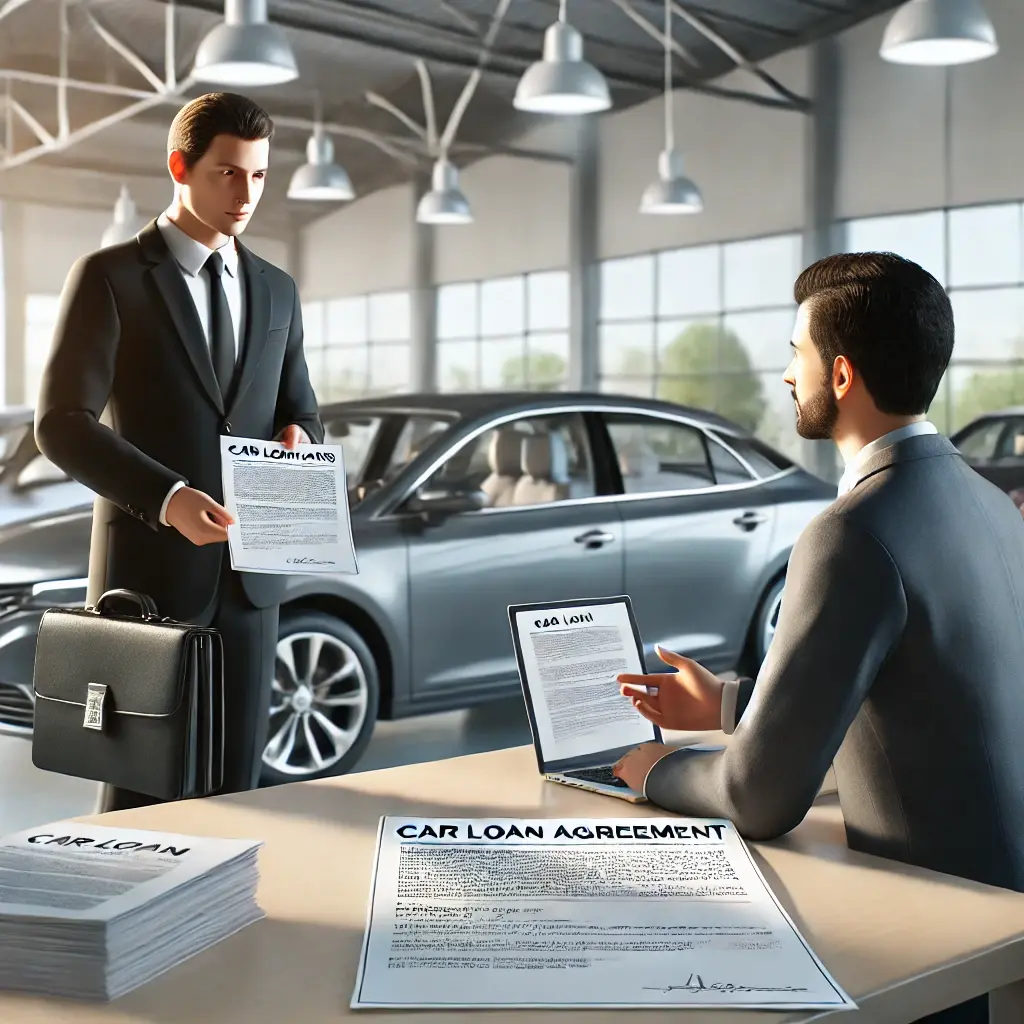
How Repayment Differs for Secured and Unsecured Loans
Impact of Secured Credit on Your Financial Health
Secured credit, like car loans, can help build financial stability when managed responsibly. Lenders secure car loans against the vehicle, which lowers their risk and reduces interest rates. Unlike secured loans, unsecured debts include credit cards and personal loans, which can strain financial health if not managed carefully.
Choosing Between Secured and Unsecured Car Loans
When deciding on a loan for a car purchase, consider your financial situation. Secured loans are often the better choice for buying a new or used car due to their lower interest rates. Loans generally come with different terms, so comparing options is crucial before applying for a personal loan.
Which Loan Is Right for You?
When to Choose a Secured Loan to Buy a Car
Unsecured auto loans can work for some buyers but are not ideal for everyone. These loans charge a higher interest rate compared to secured loans. Since lenders do not typically tie the loan to the car, they take on more risk, which makes the terms less favorable for borrowers.
Key Factors to Consider Before Applying for Car Finance
- When considering car finance, compare interest rates and loan terms carefully.
- Secured loans usually offer lower interest rates compared to unsecured loans.
- Shorter loan terms may also reduce the overall cost, but they require higher monthly payments, so plan accordingly.
